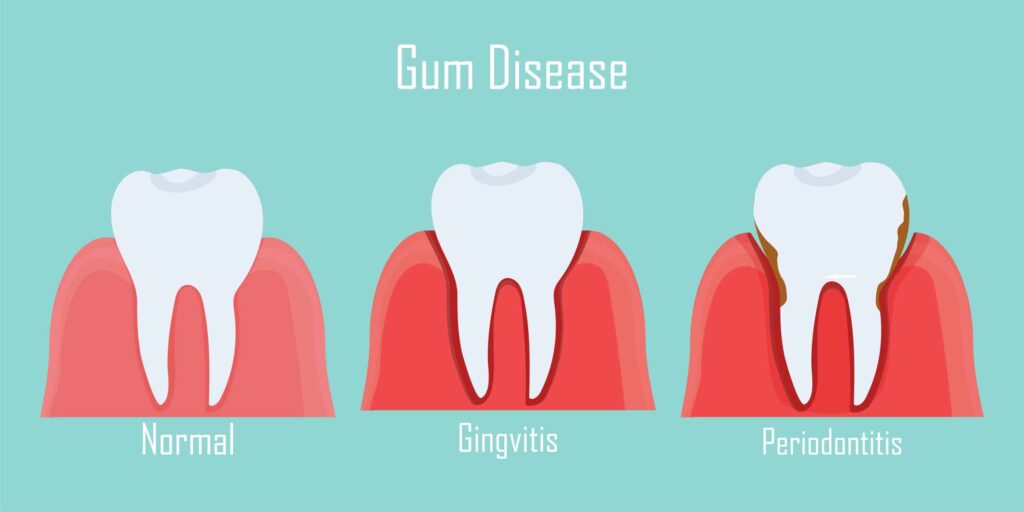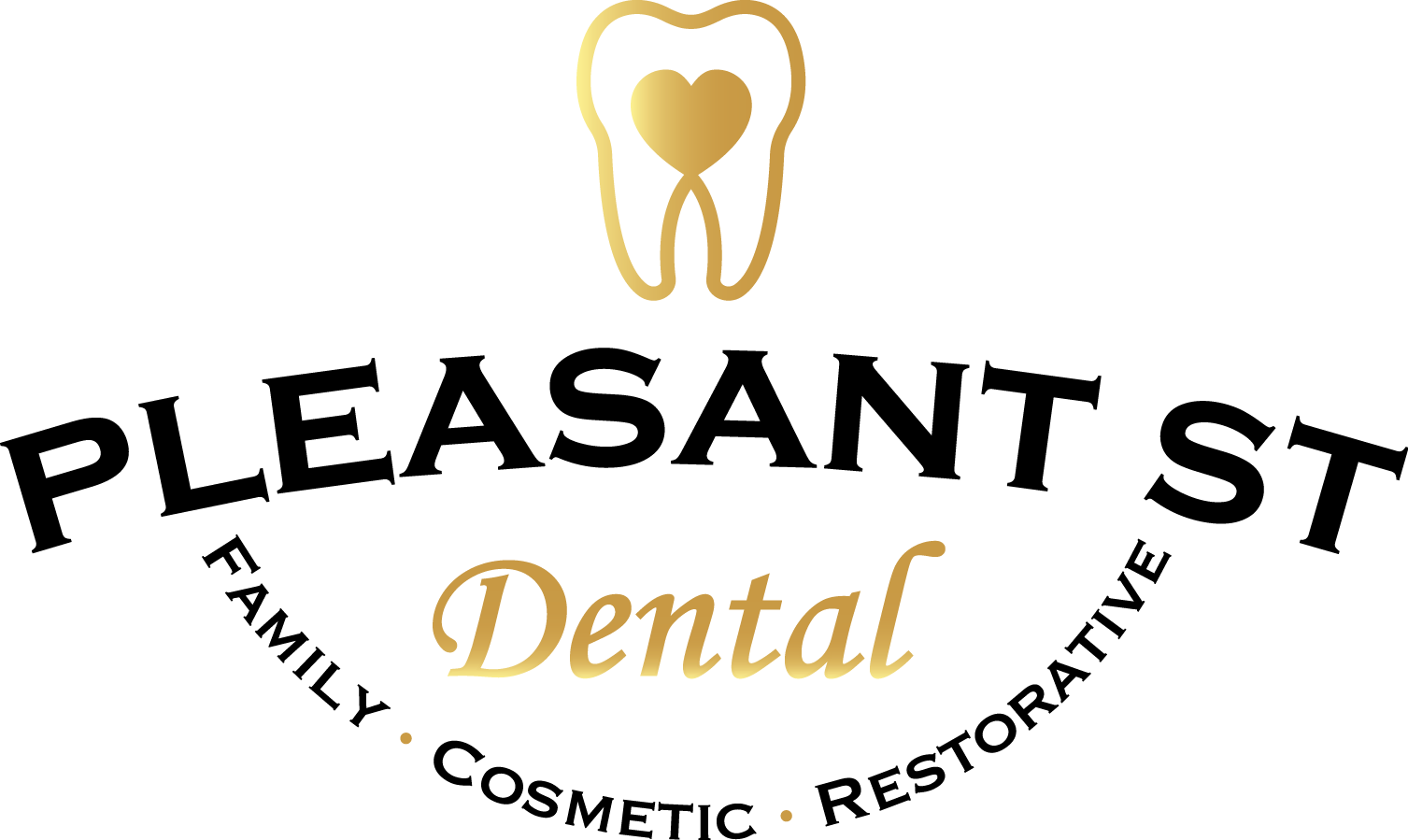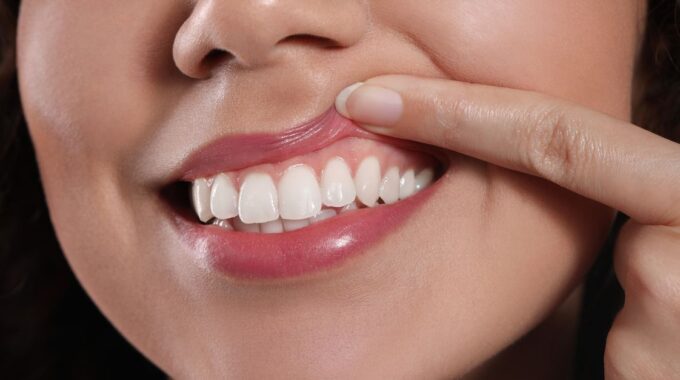Why Your Heart Health Starts in Your Smile The human body is an interconnected structure…

Why Does My Mouth Hurt? Common Dental Causes and Solutions
Mouth pain is a common issue that brings many people to the dentist’s office. As you may think, “Doctor why does my mouth hurt?” is not a very productive question. Mouth pain can range from minor discomfort to severe pain that affects eating, drinking, and speaking. Whether it’s a toothache, gum pain, jaw discomfort, or sores, there are various dental causes that might be responsible for your symptoms.
Understanding why your mouth hurts is the first step to finding the right treatment and relief. In this detailed guide, we’ll cover the dental-related causes of mouth pain, how to diagnose the issue, and the best treatment options to restore your oral health.
Understanding Mouth Pain: The Dental Perspective
Mouth pain can indicate an underlying dental problem, and the location and type of pain often provide important clues:
- Tooth Pain – Often caused by cavities, infections, or cracked teeth.
- Gum Pain – May indicate gum disease, infection, or irritation from dental procedures.
- Jaw Pain – Can be related to temporomandibular joint (TMJ) disorders, teeth grinding, or wisdom teeth issues.
- Mouth Sores or Soft Tissue Pain – Could be due to oral ulcers, infections, or trauma from dental appliances.
If your mouth pain is persistent, it’s important to schedule a dental appointment to determine the cause and receive the right treatment.

Common Dental Causes of Mouth Pain and Their Symptoms
Tooth-Related Causes of Mouth Pain
Cavities (Tooth Decay)
A cavity forms when bacteria break down tooth enamel, leading to tooth sensitivity and pain. Early cavities may not cause symptoms, but as decay progresses, you may experience:
- Sharp or lingering pain when eating sweets, hot, or cold foods.
- Visible pits or dark spots on the tooth.
- Pain when biting down.
Treatment: Small cavities can be treated with dental fillings, while deeper cavities may require a dental crown or root canal.
Tooth Abscess (Severe Infection)
A dental abscess occurs when bacteria infect the tooth’s pulp (inner tissue), leading to a buildup of pus. Symptoms include:
- Severe, throbbing toothache that spreads to the jaw or ear.
- Facial swelling, fever, and swollen lymph nodes.
- A bad taste in the mouth due to pus drainage.
Treatment: A root canal is usually required to remove the infection, but in severe cases, the tooth may need to be extracted.
Cracked or Fractured Teeth
A cracked tooth can cause pain when chewing, especially if the fracture extends into the tooth’s nerve. Common symptoms include:
- Sudden sharp pain when biting down.
- Increased sensitivity to temperature changes.
- A visible crack (in some cases).
Treatment: Depending on the severity, a dental bonding, or crown may be necessary.
Impacted Wisdom Teeth
Wisdom teeth that fail to fully erupt can press against other teeth or become infected, leading to pain and swelling. Symptoms include:
- Pain at the back of the mouth.
- Swollen or red gums around the tooth.
- Difficulty opening the mouth or chewing.
Treatment: Wisdom tooth extraction is often recommended if the tooth is causing pain or infection.

Gum-Related Causes of Mouth Pain
Gum Disease (Gingivitis & Periodontitis)
Gum disease is caused by plaque buildup that leads to inflammation and infection of the gums. It can progress in stages:
- Gingivitis (mild gum disease): Symptoms include red, swollen, or bleeding gums, especially when brushing or flossing.
- Periodontitis (advanced gum disease): Symptoms include receding gums, bad breath, and loose teeth due to bone loss.
Treatment: Professional dental cleanings can treat early gum disease, while advanced cases may require deep cleaning (scaling and root planing), gum surgery, or antibiotics.
Gum Abscess
A gum abscess occurs when a bacterial infection forms a pocket of pus in the gum tissue. Symptoms include:
- Severe gum pain and swelling.
- A visible pus-filled bump on the gums.
- Foul taste or bad breath.
Treatment: Draining the abscess, antibiotics, and deep cleaning are necessary to stop the infection.

Mouth Sores and Soft Tissue Pain
Canker Sores (Aphthous Ulcers)
Canker sores are non-contagious ulcers that develop inside the mouth, often caused by stress, acidic foods, or trauma from dental work. Symptoms include:
- Small, round, white or yellow sores with a red border.
- Burning or stinging sensation.
- Pain when eating spicy or acidic foods.
Treatment: Topical numbing gels, mouth rinses, and avoiding trigger foods can help relieve discomfort.
Jaw-Related Causes of Mouth Pain
TMJ Disorder (Temporomandibular Joint Disorder)
TMJ disorders affect the jaw joint, causing pain and difficulty moving the jaw. Symptoms include:
- Jaw pain, especially when chewing.
- Clicking or popping sounds when opening the mouth.
- Tension headaches or ear pain.
Treatment: Mouthguards, physical therapy, stress management, and sometimes Botox or surgery can help relieve TMJ symptoms.
Bruxism (Teeth Grinding)
Grinding or clenching your teeth, often during sleep, can lead to jaw pain, headaches, and tooth wear. Symptoms include:
- Sore jaw or facial muscles in the morning.
- Flattened or chipped teeth.
- Increased tooth sensitivity.
Treatment: Custom-fitted nightguards, stress reduction, and lifestyle changes can help manage bruxism.
How to Diagnose the Cause of Mouth Pain
If you experience persistent mouth pain, a dentist can perform tests to determine the cause:
- Dental X-rays to check for cavities, abscesses, or impacted teeth.
- Gum examination to detect signs of gum disease.
- Bite analysis to diagnose TMJ issues.
- Soft tissue examination for sores or infections.
Early diagnosis can prevent serious complications and ensure effective treatment.
Best Dental Treatments for Mouth Pain
At-Home Remedies
- Saltwater rinses to reduce bacteria and inflammation.
- Cold compresses for swelling and pain relief.
- Over-the-counter pain relievers like ibuprofen or acetaminophen.
Professional Dental Treatments
- Fillings, root canals, or extractions for tooth-related pain.
- Professional deep cleaning for gum disease.
- Nightguards or braces for bite alignment issues.
- Antibiotics or antiviral medications for infections.
When to See a Dentist
Seek immediate dental care if you experience:
- Severe pain that doesn’t improve.
- Swelling of the face, jaw, or gums.
- Fever or difficulty swallowing.
- A loose or knocked-out tooth.
Prompt treatment can prevent serious complications and restore oral health.
Does Your Mouth Hurt?
Mouth pain is often a sign of dental problems, from tooth decay and gum disease to jaw disorders and infections. Identifying the cause early and seeking professional dental treatment is key to preventing long-term damage. If your mouth pain persists, visit your dentist for a thorough examination and proper care.



